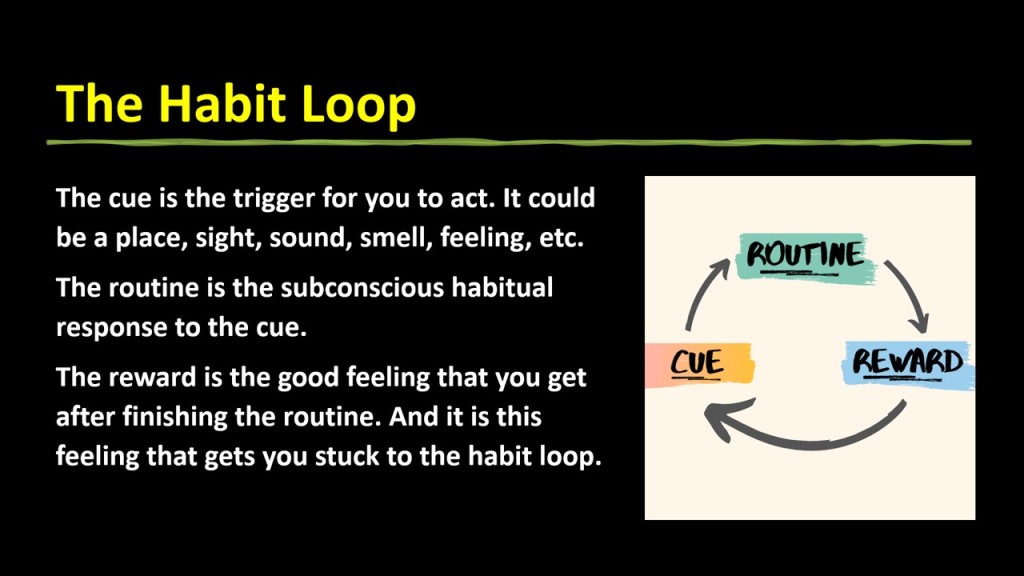
During the recent Israel-Hamas conflict, the Hamas militants used various missiles to attack cities and towns in Israel. However, Israel has a defense system called the Iron Dome that was able to stop and destroy many of these missiles. The Iron Dome uses special technology to track enemy missiles and shoot them down before they can cause harm. This helped protect the people of Israel and reduce the damage caused by the attacks.
As Christians, we are under constant spiritual attacks and it’s usually in the mind. Just as the Iron Dome defended Israel against hostile missiles, it’s important to have a spiritual defense system in our minds to combat tempting thoughts from the devil.
The Battle for the Mind
Our minds are often considered the battleground for the devil because they play a crucial role in our thoughts, beliefs, and decision-making processes. The mind is where our attitudes, desires, and intentions originate. It is the place where we process information, form opinions, and make choices. The devil knows that if he can influence our thoughts and beliefs, he can impact our actions and faith. That is why he and his minions are working overtime to weaken our minds with ungodly thoughts, doubts, fears, and sinful desires.
More than one church member shared with me about their backsliding experience. One sister said that even though at that time, she wore a necklace with a cross and attended church occasionally, she was committing fornication with different men. Another brother left the faith because he felt that God did not answer his prayer for a particular job position that he desired. Yet another brother said that he loved the wild parties and nightlife, so much so that he left the faith for almost 20 years. The testimonies of being tempted by the devil are many. Thankfully, all these believers were spiritually revived and today, serving faithfully in the Church.
Since we know that the mind is the battleground of the enemy, how are we going to fortify our minds against the attacks of the enemy?
How can we build a resilient spiritual “Iron Dome” to safeguard our thoughts and protect our spiritual well-being?
Let us explore how Satan tempts our minds, drawing insights from Scripture and stories that reveal his strategies:
The Power of Deception:
First, we have to acknowledge that the devil is the master of deception and a master deceiver, who seeks to distort truth and lead people astray. He has many ways to present temptations that may seem appealing or harmless at first, but ultimately lead to our spiritual harm and separation from God.
Here are some common tactics he uses:
Distorting And Misinterpreting: The devil twists the meaning of Scripture or promotes false ideas to confuse us and make us doubt what the Bible says. The devil distorted God’s words by asking Eve, “Did God actually say, ‘You shall not eat of any tree in the garden’?” (Genesis 3:1). This question falsely implied that God had forbidden them from eating any fruit in the garden, which was not the case.
Creating Doubt: The devil wants us to question whether we can trust God’s Word. He may make us doubt its accuracy, relevance, or consistency. The devil directly contradicted God’s command by saying to Eve, “You will not surely die” (Genesis 3:4). By denying the consequences of disobedience, the devil cast doubt on the truthfulness of God’s warning
Tempting Us To Disobey: The devil tries to make us ignore or go against what the Bible teaches. He may suggest other ideas or lifestyles that go against God’s Word, appealing to our desires and what seems popular.
The devil appealed to Eve’s desires and presented the forbidden fruit as something desirable and beneficial. He said, “For God knows that when you eat of it your eyes will be opened, and you will be like God, knowing good and evil” (Genesis 3:5). This subtle manipulation played on Eve’s curiosity and her longing for wisdom and power. The end result was that she and Adam were tempted to disobey God.
Persecution And Opposition: The devil may encourage others to treat us badly or oppose us when we follow God’s Word. This can include making fun of us, being mean, or even hurting us physically. There is an account in the New Testament of the apostle Paul being mocked for his faith. In Acts 17:16-34, Paul visited the city of Athens and engaged in discussions with various philosophers and intellectuals. When he preached about Jesus and the resurrection, some of the people mocked him, dismissing his teachings as foolishness. Paul, among many disciples who suffered for their faith, had to endure numerous hardships, including beatings, and imprisonments. Eventually, Paul was martyred, traditionally believed to have been beheaded in Rome.
Cultural Influences: The devil uses the ideas and beliefs of the world around us to make us question or reject what the Bible says. He may make popular ideas or ways of thinking seem more important than what God’s Word tells us. In 2 Timothy 4:10, the apostle Paul mentioned that Demas, who was previously a fellow worker had deserted him because he loved the present world. This suggests that Demas had fallen away from his commitment to the faith and was drawn to the cultural temptations of those days.
Equipping Ourselves with God’s Word
To begin strengthening our spiritual defense system, we have to equip ourselves with God’s Word. This is the most powerful and essential way to resist the deception and temptations of the devil. The Bible serves as a guide and a source of truth, providing us with wisdom, knowledge, and discernment. Here are a few reasons why relying on God’s Word is crucial in our spiritual battle:
Truth and Discernment: The Word of God is a reliable and unchanging source of truth. It helps us recognize and discern the lies and deceptions of the devil. By immersing ourselves in Scripture, we develop a solid foundation of truth that enables us to identify and reject false teachings or worldly ideologies.
Spiritual Armor: The apostle Paul describes the Word of God as part of the spiritual armor in Ephesians 6:17. Just as a soldier wears armor for protection, God’s Word provides us with spiritual protection against the schemes of the devil. It strengthens our faith, guards our hearts and minds, and helps us stand firm in times of temptation.
Guidance and Wisdom: The Bible offers guidance and wisdom for every aspect of life. It provides insights into God’s character, His will, and His ways. By studying Scripture, we gain understanding and discernment, enabling us to make wise decisions and navigate the challenges and temptations that come our way.
Jesus’ Example: When Jesus was tempted by the devil in the wilderness (Matthew 4:1-11), He countered each temptation with the Word of God. Jesus quoted Scripture to resist the devil’s lies and affirm God’s truth. His example shows us the power and effectiveness of using God’s Word as a weapon against deception and temptation.
Let Our Thoughts Be Under The Authority of Christ
Paul encourages us to capture our thoughts and bring them under the authority of Christ: “Our weapons are not physical, but they have divine power to destroy strongholds. We demolish arguments and every pretension that sets itself up against the knowledge of God, and we take captive every thought to make it obedient to Christ.” (2 Corinthians 10:4-5)
By comparing Satan’s lies with God’s truth in the Bible, we can prevent them from taking hold in our minds and becoming strongholds. The truth of God’s Word serves as a powerful weapon to dismantle false arguments and align our thoughts with Christ.
Psalm 119:11 declares, “I have hidden your word in my heart that I might not sin against you.” By memorizing and meditating on Scripture, we can combat the enemy’s lies.
Seeking Accountability and Prayer
In the battle against temptation, we should not face it alone. It is crucial to surround ourselves with fellow believers who can hold us accountable and provide support. James 5:16 encourages us to confess our sins to one another and pray for each other, for prayer is a powerful tool in overcoming temptation and guarding our minds.
Summary
1. Understand that we’re in a spiritual battle, and the devil tries to tempt us.
2. Use God’s Word to protect our minds.
3. Ask God for help to understand how the enemy works.
4. Trust God’s wisdom to know what is true and what is not.
5. Equip ourselves with God’s armor. Read and study God’s Word for protection.
6. Through Christ, we gain strength to overcome difficulties.
































